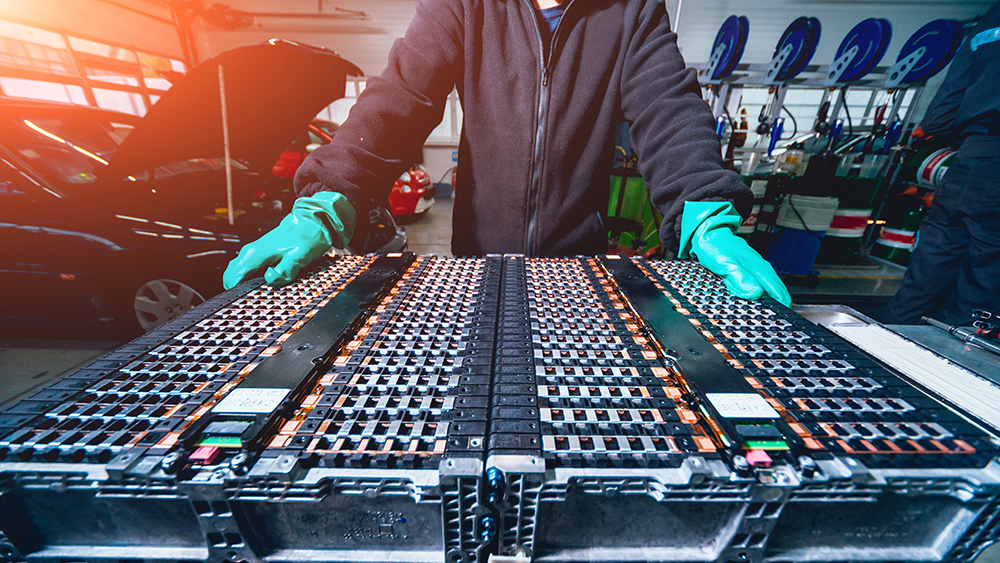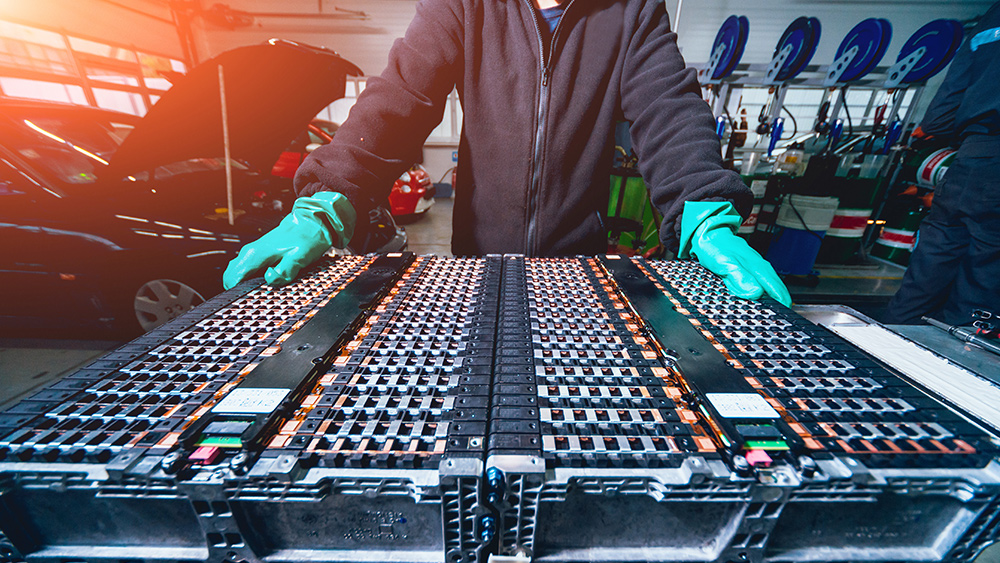
Canadian living in China sentenced to 24 months in prison for stealing battery technology from Tesla
- Klaus Pflugbeil, a Canadian citizen living in China, was sentenced to 24 months in prison for selling trade secrets stolen from Tesla.
- Pflugbeil stole advanced battery manufacturing technology from Hibar System Ltd., a Canadian company acquired by Tesla in 2019.
- Following his departure from Hibar, Pflugbeil, along with co-conspirator Yilong Shao, exploited the stolen information to start their own business and sell false products.
- They advertised these products on various platforms, including YouTube, LinkedIn and Google, making over $1.3 million.
- The Department of Justice has described Pflugbeil’s actions as a threat to a critical U.S. industry with national security implications.
Klaus Pflugbeil, a Canadian citizen living in China, has been sentenced to 24 months in prison for selling trade secrets stolen from Tesla.
The Department of Justice (DOJ) in Washington announced the sentencing of Pflugbeil on Dec. 16, following a guilty plea in June 2024 in a federal court in New York.
Pflugbeil, along with his co-conspirator, Yilong Shao, who remains at large, exploited their positions at Hibar System Ltd., a Canadian electric vehicle battery manufacturer, to steal trade secrets from Tesla. (Related: EVs are killing the automobile industry: Mercedes, Porsche, Tesla and Ford all seeing profits “free fall.”)
Trade secrets are pieces of proprietary information that give a company a competitive edge. They can be formulas, patterns, devices or compilations of information that are not generally known or readily ascertainable. In Pflugbeil’s case, the stolen trade secrets related to Tesla’s cutting-edge battery manufacturing technology.
Tesla acquired Hibar System in 2019, where Pflugbeil and Shao had been working from 1995 to 2019. During their tenure in Hibar System, Pflugbeil and Shao were able to gain intimidate knowledge of the company’s operations and private intellectual properties.
In 2020, Pflugbeil left Hibar and joined Shao in China to start their own business that was meant to produce and sell the same type of equipment previously manufactured by their original employer.
The DOJ’s investigation, led by Assistant Attorney General Matthew G. Olsen, revealed that Pflugbeil had gone to great lengths to market and sell stolen Tesla trade secrets. He advertised his false products through various platforms, including YouTube, LinkedIn and Google. These ads were seen tens of thousands of times per week, and Pflugbeil made over $1.3 million from the illicit sales.
Pflugbeil’s theft of trade secrets benefited Communist China
Federal authorities have warned of the serious national security implications of Pflugbeil’s theft of trade secrets.
Olsen noted that Pflugbeil’s actions “stood to benefit the PRC [People’s Republic of China] in a critical industry with national security implications.”
The timing of Pflugbeil’s actions and subsequent investigation also coincides with growing concerns about the global domination of Chinese automakers in the electric vehicle market.
In September 2024, the White House proposed a ban on Chinese vehicle software and hardware based on national security concerns, noting that all new cars are “connected” vehicles capable of capturing and transmitting sensitive data.
U.S. Attorney Breon Peace emphasized the bold nature of Pflugbeil’s actions, stating, “His actions were bold – he even advertised that he was selling the victim’s products – because he thought, incorrectly, that he was outside the reach of U.S. prosecutors,” said United States Attorney for the Eastern District of New York Breon Peace, who led the prosecution against Pflugbeil.
The Biden administration has not taken a full throttle approach to confront China. Watch this video.
This video is from the TrendingNews channel on Brighteon.com.
More related stories:
Chinese electric vehicles could be “weaponized” by Beijing, report warns.
Can China remotely control and detonate electric vehicles?
Sources include:


